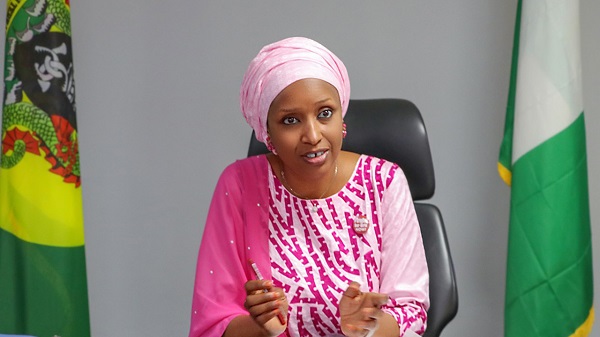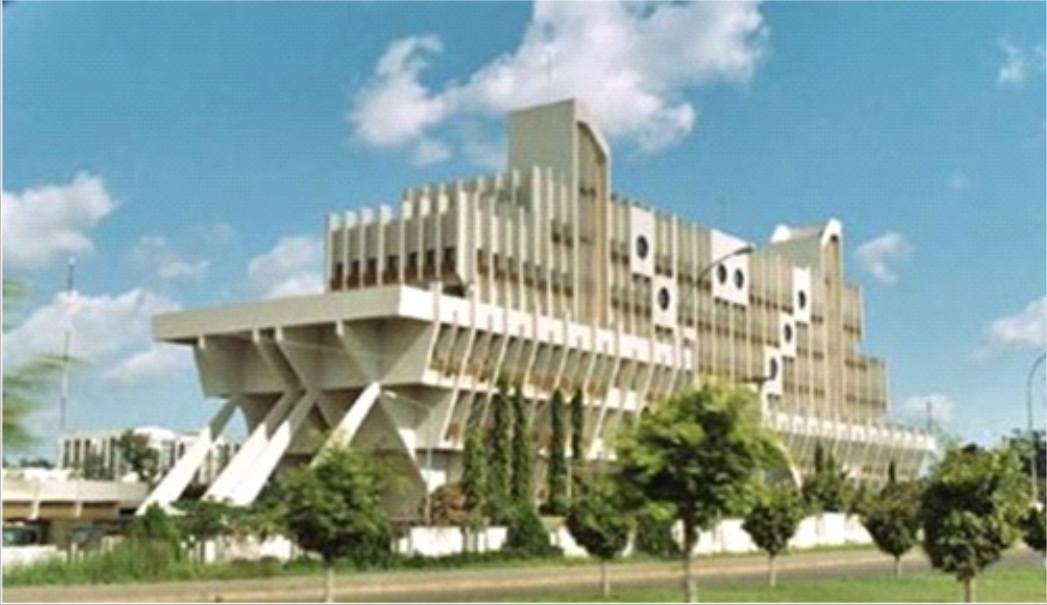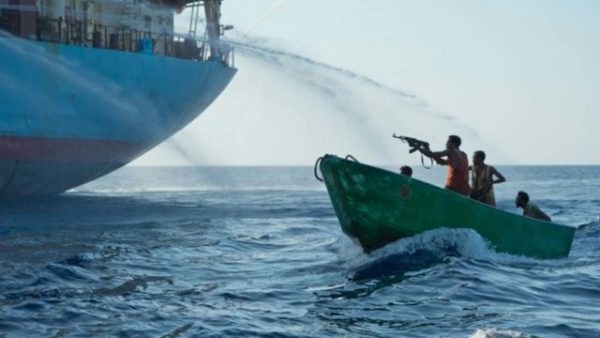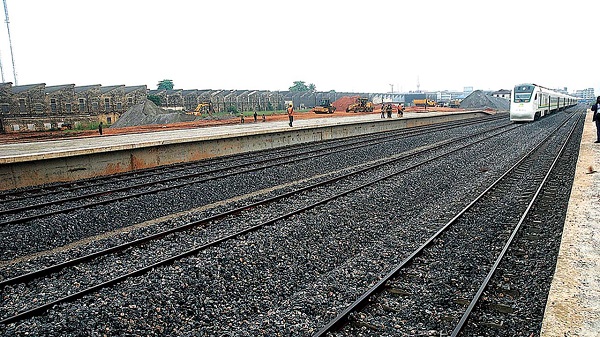How Intels Monopoly Caused IOCs To Jettison Nigeria
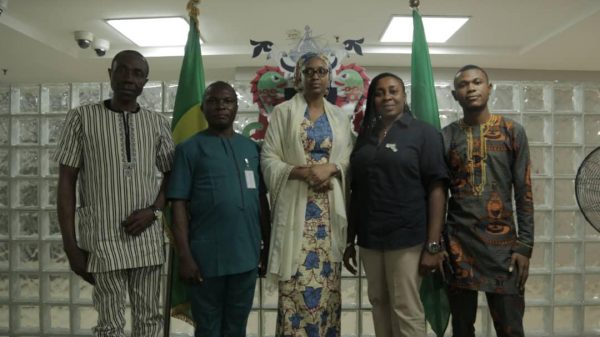
· Atiku wasn’t targeted, Intels wasn’t compliant
· Coronavirus: Truckers laments poor patronage, freight cost dwindles
By Kenneth Jukpor
The monopoly occasioned by specialized ports in Nigeria until 2016 robbed Nigeria of valuable Foreign Direct Investments (FDIs) as International Oil Companies (IOCs) which should have opened exploration outfits in the country, opted against such investments.
The IOCs baulked at the high cost of handling oil and gas cargoes at the specialized terminals with Intels enjoying the fiscal gains as the monopolistic company benefitting from the lopsided policy.
The Managing Director, Nigerian Ports Authority (NPA) Ms. Hadiza Bala-Usman revealed this during an exclusive chat with MMS Plus newspaper last week, even as she noted that several IOCs had written to NPA to express grief on the challenges.
The NPA boss also dispelled claims that she had been sent by some Northern cabals to victimize Nigeria’s former Vice President, Alhaji Abubakar Atiku and his terminal, Intels Nigeria Limited.
Her words: “One of the things that we saw in letters from IOCs was that they couldn’t compete because the cost of oil and gas cargoes terminating in selected terminals was too high. It was challenging for them to compete on exploration of oil and gas because of this cost.”
“When they had to compete at their headquarters on the places to go to for exploration, it was cheaper to go to other countries than to come to Nigeria. This is attributable to a monopoly where only selected terminals are allowed to handled oil and gas cargoes.”
She argued that such monopolies are usually allowed when an industry is new and the government was trying to grow the sector, stressing that Intels enjoyed the monopoly for over fifteen years, so they had no reason to insist on it.
“How do you insist that all oil and gas cargoes must go to selected terminals? Why should Nigeria be shortchanged because of the interest of some terminals? When we removed the monopoly, it didn’t mean that the company could no longer participate in the business. It only meant that it mustn’t always go to them.”
“Every business should be able to compete in a level playing field. They had to compete. If you have been enjoying a monopoly for over ten years and suddenly the monopoly is removed; you have to reduce your prices to compete. Over the years, they had built their infrastructure and made enormous profit so why are they complaining. Other investors would be playing catch up and investing in infrastructure but they already had that advantage. They only had to reduce their prices to attract people to their terminals,” she said.
She asserted that the issue was always about Intels’ non-compliance. “I always say that if you don’t have an issue of compliance what is topical? The federal government introduced the Treasury Single Account (TSA) policy that it embarked upon and we asked the company to comply.”
“What is wrong about asking the company to comply with a policy that was instituted in 2015? This administration inherited the TSA compliance. That is another aspect of the Intels issue and I’m curious about what is political about making a company comply with a policy that the government has adopted.”
She expressed worry that anytime the issue of Intels arose, there was the perception that Intels was targeted or Atiku was targeted, “I’m curious as to how they were targeted because they had the advantage for fifteen years”, she argued.
Meanwhile, Nigerian truckers have called on the federal government to allow their trucks trapped at the border posts to enter the country so that the owners could go about their businesses within the country.
Speaking with MMS Plus last week, the Chairman, Dry Cargo Section of Nigerian Association of Road Transport Owners (NARTO), Alhaji Inuwa Mohammed lamented that several truckers have been thrown into economic hardship with their sources of livelihood trapped for over six months.
Inuwa equally urged the government to allow trucks belonging to businesspersons within West Africa under the aegis of West African Road Transport Union (WARTU) evacuate their trucks to do businesses in their respective countries.
He also noted that the drop in the nation’s importation occasioned by the outbreak of coronavirus had seen the demand for trucking services reduce at the ports, noting that the trucking fares consequently crashed.
“The trucking cost is purely based on the market forces and demand and supply. When the demand is very high, there is tendency that the prices would increase. However, there has been less demand for trucks in the last few weeks as the roads are better and the outbreak of coronavirus. Since most of Nigeria’s importation emanates from China, the imports have been slow and the truck cost has reduced significantly,” he said.
Meanwhile, the Association of Nigerian Licensed Customs Agents (ANLCA) has lamented that over 2,000 trucks with goods are still trapped at the Nigerian borders following the closure of the borders earlier scheduled to be a temporary measure to address the porosity of the borders.
According to the ANLCA National President, Hon. Tony Iju Nwabunike, there should be a review of the process for the benefit of legitimate importers whose businesses have been crippled by the impromptu policy.
“SIx months into the Seme border closure which commenced on August 20, 2019 and the Federal Government keeps saying that they will reopen the borders soon. The present situation of goods now at the Seme borders is very sad and something should be done to reduce the suffering of the importers of these goods,” he said.
Giving account of ANLCA members at the borders, he noted that some of the goods were seen with maggots coming out from them, adding that some of the fragile goods have also gotten spoilt as a result of direct exposure to the harsh weather.
Although he couldn’t ascertain the amount lost to the closed borders, he stressed that the land borders cannot be permanently closed.
As a short term measure to address importers’ woes, he urged the government to do a quick review of the situation and allow dutiable goods from the affected neighbouring countries to pay duty and come in.




